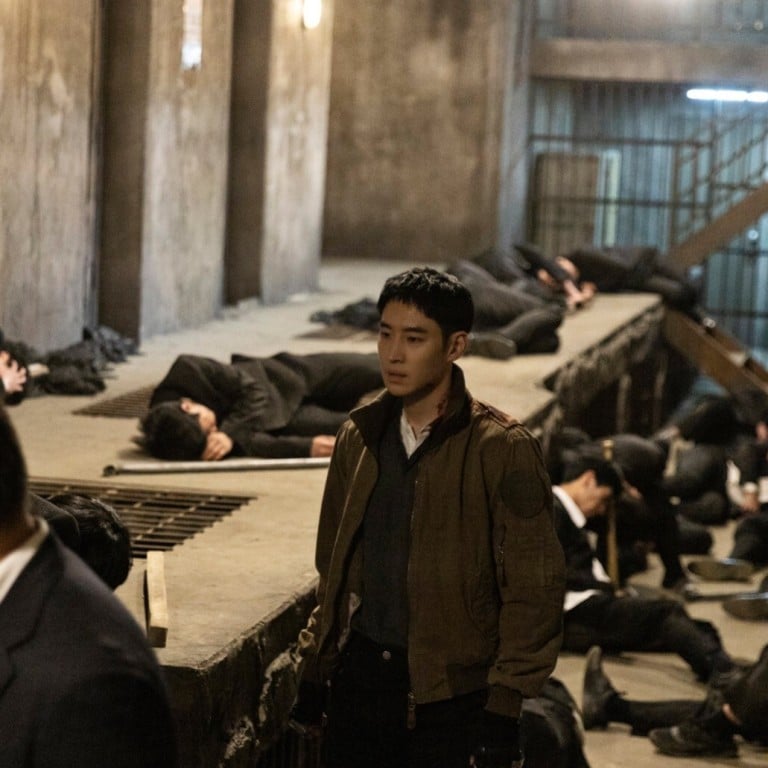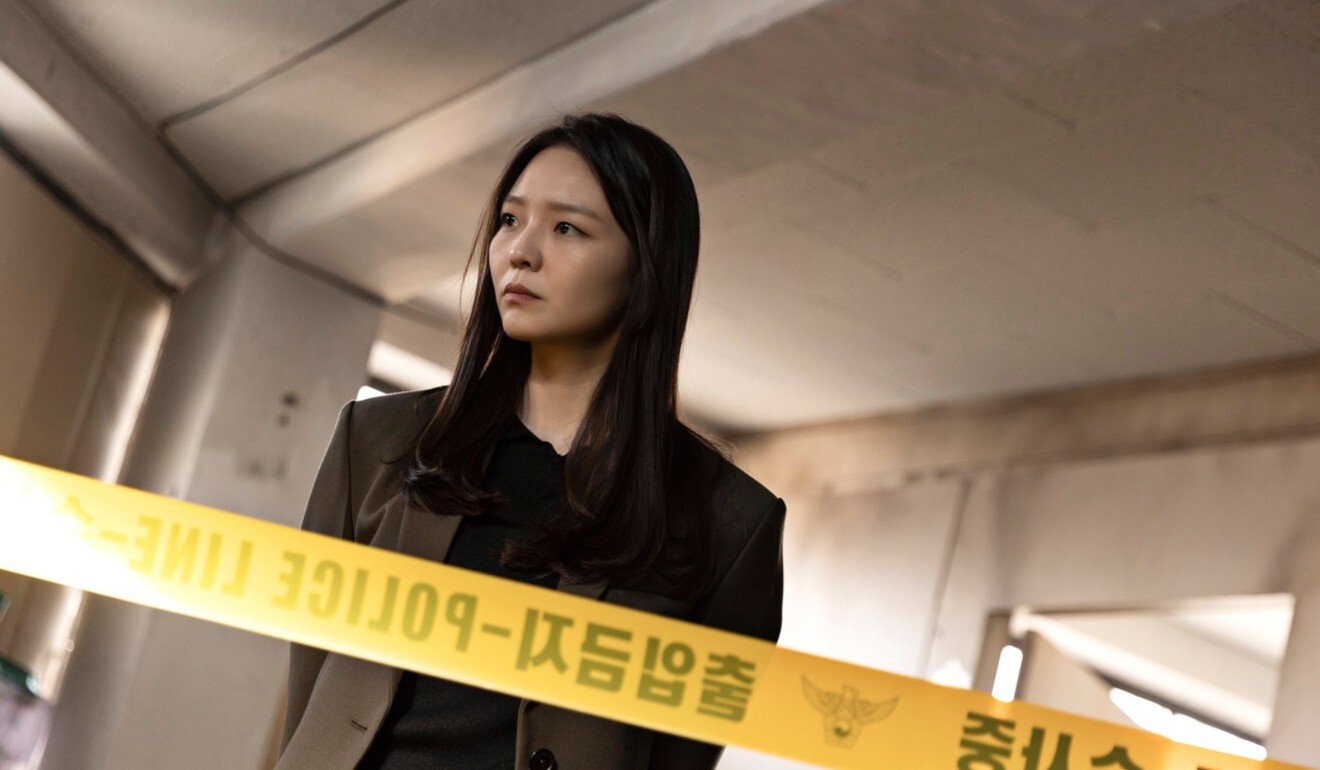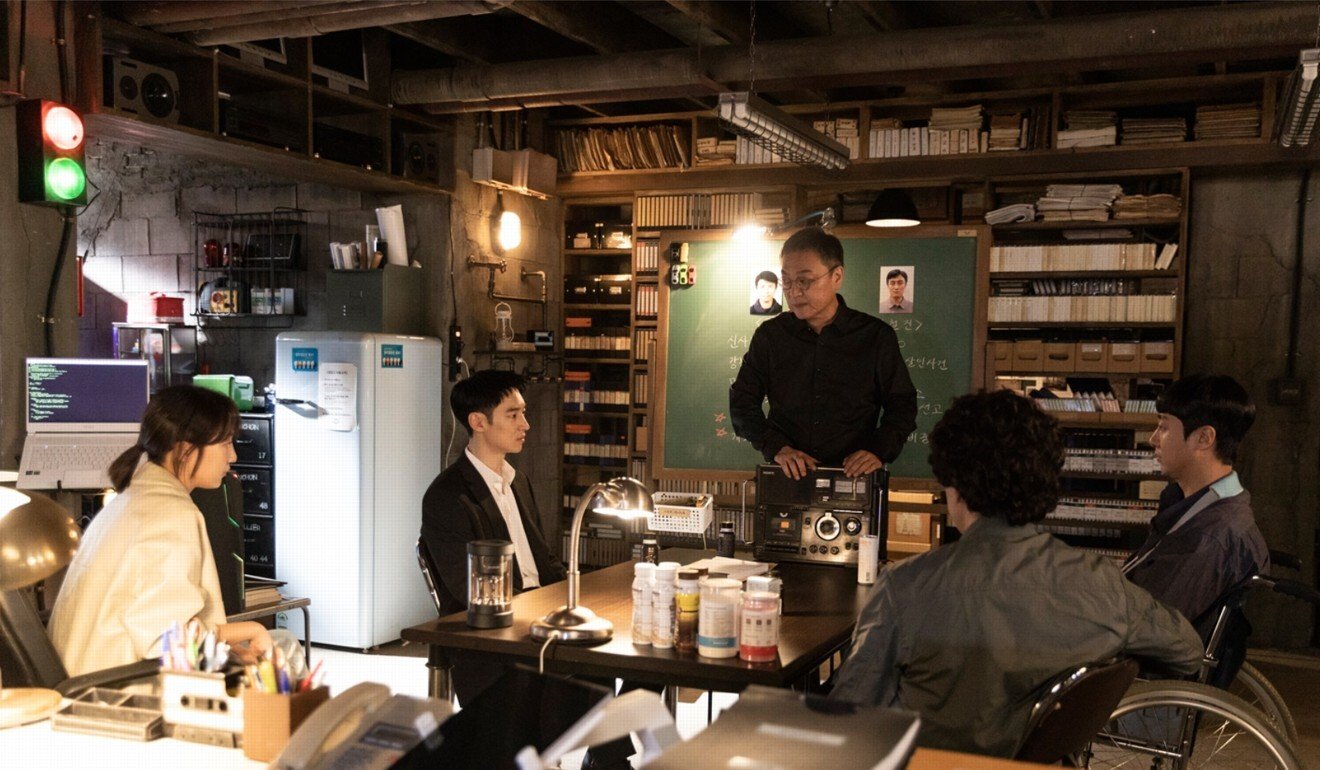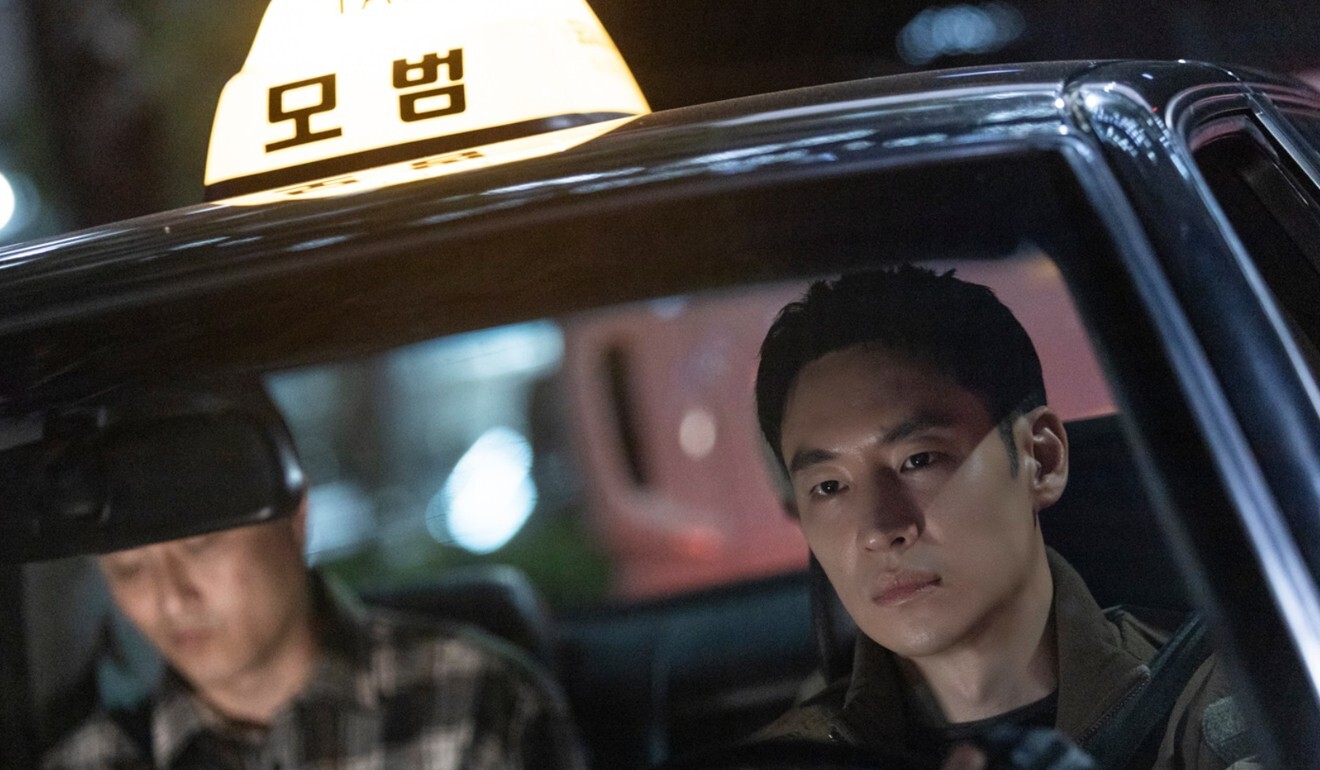
Review | K-drama review: Taxi Driver – revenge-fuelled action saga gears up for future fares
- This vigilante series revolves around a taxi company which offers a ‘luxury service’ taking revenge against criminals
- The crimes get more depraved each week and the action ramps up to match it
This article contains spoilers.
3.5/5 stars
After a smooth, action-packed ride, Taxi Driver drove into the home stretch, combining its episodic and serialised elements into a mostly satisfying conclusion that peaked early, before setting its sights very firmly on a potential season 2.
The Rainbow Taxi Company has dispatched all manner of nefarious figures during the show’s 16-episode run, each overleaping the last with their impulse for depravity and mayhem. The collective scope of their activities has ranged across slave labour, high school bullies, coerced pornography and voice phishing, but over its past few weeks, the series added some classic Korean villains to the mix, including an organ trafficking ring and a deranged serial killer.
Operating alongside the Rainbow Taxi Company is the Blue Bird Foundation, also run by Jang Sung-chul (Kim Eui-sung), which works closely with Jo Jin-woo (Yoo Seung-mok) at the District Attorney’s office to provide charitable support to victims of horrible crimes.
Taxi Driver midseason recap: colourful villains dispatched with aplomb
This is where the Rainbow Taxi Company finds clients seeking revenge for its ‘deluxe service’, and it’s also how Jin-woo’s subordinate, the plucky young prosecutor Kang Ha-na (Esom), starts to make a beeline for them, as she’s often working the same cases.
In episode 12, a priest looking for his son winds up in the back of Do-ki’s cab and is dropped off at the 8-bit arcade game where the voice of Lee Young-ae explains the rules. But he is the first client who opts not to take revenge, as he’s still holding out hope for his son to return to him alive.
However, those chances are slim and Ha-na, who is looking into the same case, knows it. The case involves Goo Young-tae (Lee Ho-cheol), who turns out to the twin brother of Goo Suk-tae, the right hand of Baek Sung-mi (Cha Ji-yeon), the ruthless loan shark who has been holding on to Rainbow’s revenge targets in a secret jail.

Ha-na turns someone in Young-tae’s orbit, but things go awry, and the operation claims the life of her partner Wang Min-ho (Lee Yoo-joon). Seeing no other options, the grief-stricken Ha-na approaches Do-ki as a client and, despite her ethics, presses the blue button that the priest couldn’t.
Rainbow’s mission brings them straight to a grisly organ harvesting plant and the shocking revelation that it is run by Sung-mi’s group. The former allies now go head to head, but Sung-mi has the added advantage of her prisoners, who are all eager to get their pound of flesh from the Rainbow team once she turns them loose.
Six new Korean drama series to look out for in June 2021
At this point Taxi Driver becomes a relentless action series as the Rainbow group has to split up to take down former opponents as well as Sung-mi’s gang. Do-ki’s rage serves him well in some kinetic displays including a lengthy point-of-view shot, clearly inspired by the choreography of The Villainess , as he beats dozens of Sung-mi’s minions in a dark basement with the help of night vision goggles.
For a broadcast series, as opposed to the more permissive environs of cable TV and streaming, Taxi Driver has been surprisingly dark and violent. Banking on the bloodlust of viewers, just like the recent hit Vincenzo , the series has featured a range of violent interludes, including gruesome car crashes, needles inserted into eyeballs, nail guns fired at groins, vicious stabbings and heavy beatings, sometimes all within the same episode.
The show has served a vicarious function, as it highlights the type of crimes that have occurred in Korea and enraged the public, but for which criminals have typically got off scot-free or with infuriatingly light sentences. Prosecutors and law enforcement have largely been painted as ineffective in Taxi Driver, and despite their sometimes extreme actions, the Rainbow team are definitely heroes we’re supposed to root for.

Vigilantes are popular the world over – there’s a reason Spider-Man is such an enduring figure – but the violence of Korean vigilantes in recent Korean dramas, which isn’t depicted as being particularly problematic, has become somewhat troubling. Vigilantes in classic Korean films have been equally violent, but their actions typically came at a huge cost.
Following its big climax, the show added a new case for its final pair of episodes, but their latest target, a serial killer with a connection to members of Rainbow, was already behind bars. His comeuppance engendered a degree of catharsis but the last week’s worth of episodes were more subdued and largely set up a potential second season, with Ryoo Hyun-kyung appearing as Sung-mi’s sister Kyung-mi, and the Rainbow team quickly getting back together after disbanding to start new jobs.
Given the strong ratings, there’s every chance that there will be a second season for this punchy and efficient revenge-fuelled saga.

Taxi Driver is streaming on Viu.

